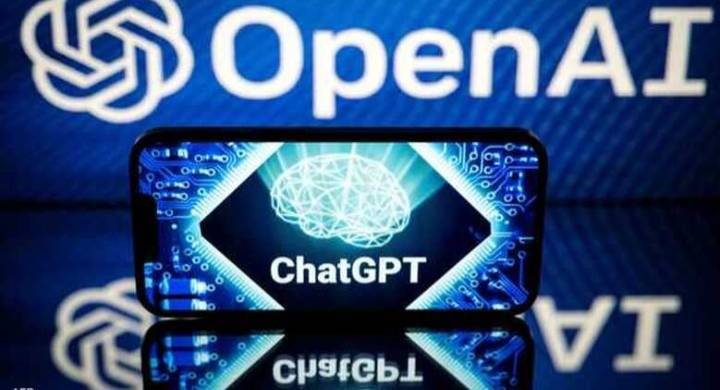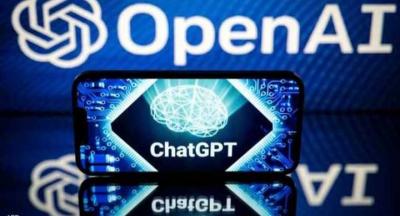With the advancement of artificial intelligence systems, teachers and professors in universities and institutes are facing a new challenge, as some software now allows students to write research papers and cheat on a large scale, such as ChatGPT. The Paris Institute of Political Studies, known as "Sciences Po," announced on Friday that it has prohibited its students from using the AI robot (ChatGPT), with penalties that could reach expulsion if violated.
In a message directed to all students and teachers, the institute's administration confirmed that "the use of (ChatGPT) or any other AI-based tool at Sciences Po, without explicit reference to it, is strictly prohibited for students during the production of written or oral work," according to "France Press." The institute allows the use of the robot only in one case: "if it is for educational purposes under the supervision of a professor."
Sciences Po has become the first higher education institution in France to officially announce a ban on this AI tool. The use of ChatGPT has become widespread in education since last November. The ChatGPT robot, developed by the US company OpenAI, relies on artificial intelligence technology, enabling it to generate long texts based on words input by the user on the platform. The robot analyzes vast amounts of text available on the internet to write content, all within seconds.
In its message to students, Sciences Po stated that "this AI tool raises significant concerns among educational and research entities worldwide regarding cheating in general and plagiarism in particular." The statement added that "some countries (...) have already taken steps to prohibit the use of (this tool) in their schools and universities." In mid-September, just weeks after OpenAI released the tool, eight Australian universities announced modifications to their examinations, considering the use of artificial intelligence tools by students to be "cheating."




